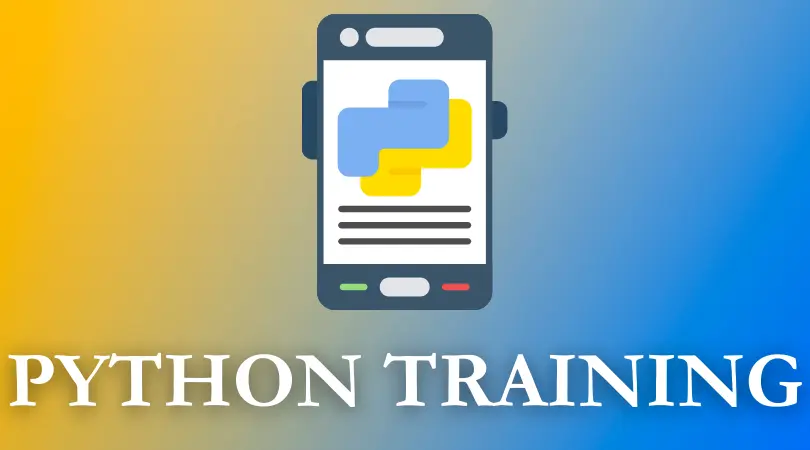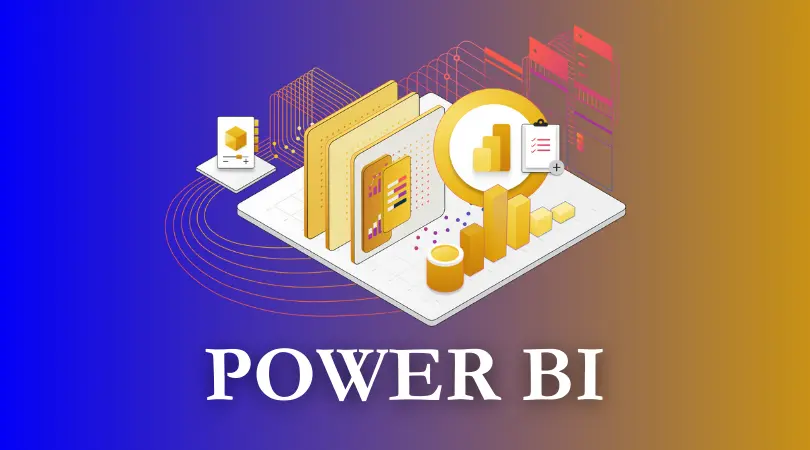SQL Course & Certification
MindForge Provides 100% Placement Assistance IT Courses

Earn certification from EduCADD THINKWorks, India’s most trusted educational institution with over 25+ years of excellence, in collaboration with Mindforge and the National Skill Development Corporation (NSDC). Pursue a high-paying career in SQL with Mindforge Infotech’s new SQL Course and gain a competitive edge in the job market
-
HIGHLIGHTS
- CURRICULUM
- CERTIFICATION
- JOB OPPORTUNITIES
- ABOUT US
The SQL Course is designed to give participants a deep understanding of Structured Query Language (SQL), the standard language used to manage and manipulate relational databases. This course covers everything from the basics of SQL syntax to advanced database operations, enabling students to write complex queries for retrieving, updating, and managing data. Participants will learn essential concepts like database design, normalization, indexing, and how to perform operations such as joins, subqueries, and aggregations. Through hands-on exercises, students will gain practical experience in managing databases and solving real-world data challenges.
In addition to learning SQL fundamentals, the course emphasizes best practices for database management, optimization, and security. Participants will also explore how to integrate SQL with other tools and languages commonly used in data analytics and application development. By the end of the course, students will be proficient in writing efficient SQL queries and managing databases, preparing them for roles such as Data Analyst, Database Administrator, or SQL Developer. With SQL being a foundational skill in many industries, this course opens up diverse career opportunities in sectors like technology, finance, healthcare, and business intelligence.
SQL Course Curriculum
- List the features of Oracle Database 12c
- Discuss the basic design, theoretical, and physical aspects of a relational database
- Categorize the different types of SQL statements
- Describe the data set used by the course
- Log on to the database using SQL Developer environment Save
- Queries to files and use script files in SQL Developer
- List the capabilities of SQL SELECT statements
- Generate a report of data from the output of a basic SELECT statement Select All Columns
- Select Specific Columns
- Use Column Heading Defaults
- Use Arithmetic Operators
- Learn the DESCRIBE command to display the table structure
- Understand Operator Precedence
- Write queries that contain a WHERE clause to limit the output retrieved List the comparison operators and logical operators that are used in a WHERE clause
- Describe the rules of precedence for comparison and logical operators Use character string literals in the WHERE clause
- Write queries that contain an ORDER BY clause to sort the output of a SELECT statement
- Sort output in descending and ascending order
- Describe the differences between single row and multiple row functions
- Manipulate strings with character function in the SELECT and WHERE clauses
- Manipulate numbers with the ROUND, TRUNC, and MOD functions Perform arithmetic with date data
- Manipulate dates with the DATE functions
- Describe implicit and explicit data type conversion
- Use the TO_CHAR, TO_NUMBER, and TO_DATE conversion functions Nest multiple functions
- Apply the NVL, NULLIF, and COALESCE functions to data Use conditional IF THEN ELSE logic in a SELECT statement
- Use the aggregation functions in SELECT statements to produce meaningful reports
- Divide the data into groups by using the GROUP BY clause
- Divide the data into groups by using the GROUP BY clause
- Create a simple and complex view
- Retrieve data from views
- Create, maintain, and use sequences
- Create and maintain indexes
- Create private and public synonyms
- Describe the types of problem that sub-queries can solve
- Define sub-queries
- List the types of sub-queries
- Write single-row and multiple-row sub-queries
- Describe the SET operators
- Use a SET operator to combine multiple queries into a single query
- Control the order of rows returned
- Describe each DML statement
- Insert rows into a table
- Change rows in a table by the UPDATE statement
- Delete rows from a table with the DELETE statement
- Save and discard changes with the COMMIT and ROLLBACK statements
- Explain read consistency
- Categorize the main database objects
- Review the table structure
- List the data types available for columns
- Create a simple table
- Decipher how constraints can be created at table creation
- Describe how schema objects work
- Create a simple and complex view Retrieve data from views
- Create, maintain, and use sequences Create and maintain indexes
- Create private and public synonyms
- Differentiate system privileges from object privileges
- Create Users
- Grant System Privileges
- Create and Grant Privileges to a Role Change Your Password
- Grant Object Privileges How to pass on privileges?
- Revoke Object Privileges
- Add, Modify and Drop a Column
- Add, Drop and Defer a Constraint
- How to enable and disable a Constraint?
- Create and Remove Indexes
- Create a Function-Based Index
- Perform Flashback Operations
- Create an External Table by Using ORACLE_LOADER and by Using
- Query External Tables
- Explain the data dictionary
- Use the Dictionary Views
- USER_OBJECTS and ALL_OBJECTS Views
- Table and Column Information
- Query the dictionary views for constraint information
- Query the dictionary views for view, sequence, index, and synonym information
- Add a comment to a table
- Use Subqueries to Manipulate Data
- Retrieve Data Using a Subquery as Source
- Insert Using a Subquery as a Target
- Usage of the WITH CHECK OPTION Keyword on DML Statements
- List the types of Multi-table INSERT Statements
- Use Multi-table INSERT Statements
- Merge rows in a table
- Track Changes in Data over a period of time
- Explain the data dictionary
- Use the Dictionary Views
- USER_OBJECTS and ALL_OBJECTS Views
- Table and Column Information
- Query the dictionary views for constraint information
- Query the dictionary views for view, sequence, index, and synonym information
- Add a comment to a table
- Use Subqueries to Manipulate Data
- Retrieve Data Using a Subquery as Source
- Insert Using a Subquery as a Target
- Usage of the WITH CHECK OPTION Keyword on DML Statements
- List the types of Multi-table INSERT Statements
- Use Multi-table INSERT Statements
- Merge rows in a table
- Track Changes in Data over a period of time
- Multiple-Column Subqueries
- airwise and No pairwise Comparison
- Scalar Subquery Expressions
- Solve problems with Correlated Subqueries
- Update and Delete Rows Using Correlated Subqueries
- The EXISTS and NOT EXISTS operators
- Invoke the WITH clause
- The Recursive WITH clause
- Use the Regular Expressions Functions and Conditions in SQL
- Use Meta Characters with Regular Expressions
- Perform a Basic Search using the REGEXP_LIKE function Find
- patterns using the REGEXP_INSTR function
- Extract Substrings using the REGEXP_SUBSTR function
- Replace Patterns Using the REGEXP_REPLACE function
- Usage of Sub-Expressions with Regular Expression Support
- Implement the REGEXP_COUNT function
Industry Recognized Certification
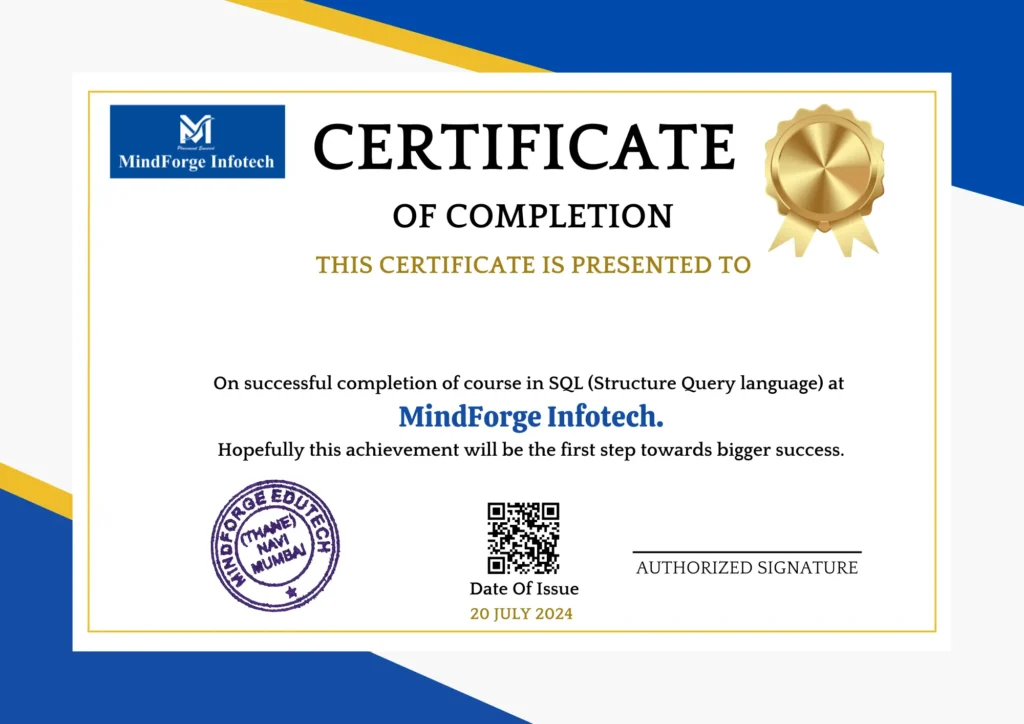
MindForge Infotech
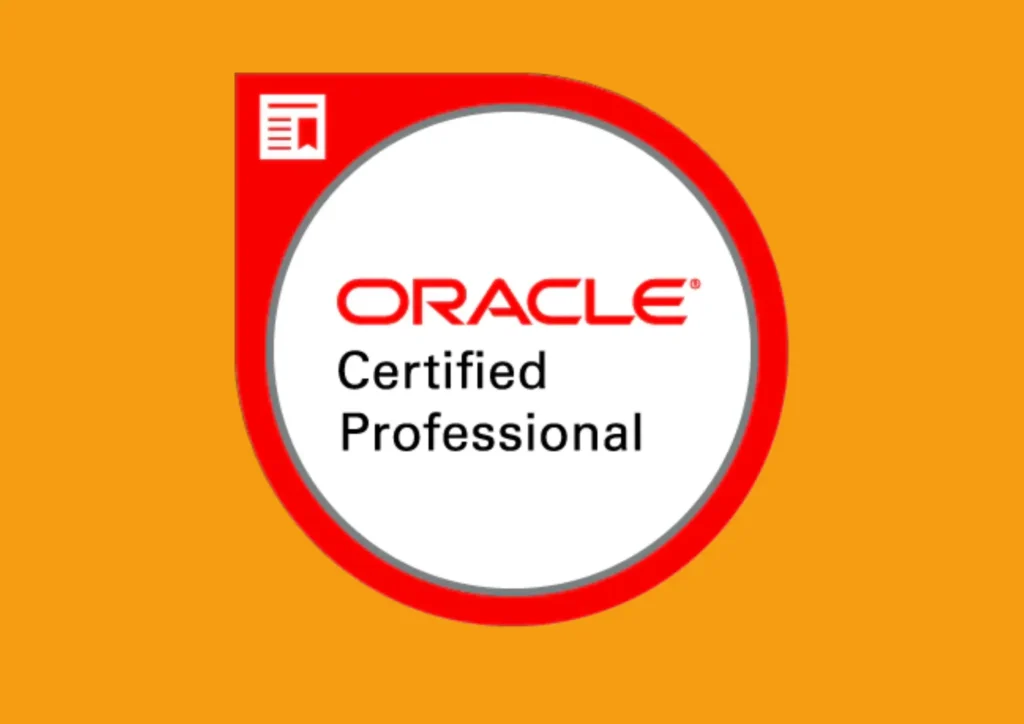
Oracle
Career Opportunity After Completing SQL Course
- Database Developer
- Data Scientist
- Database Administrator
- Quality Assurance Tester
- Researcher / Educator
- Database Migration Engineer
- SQL Data Analyst
Global Leaders In Training
MindForge Infotech is in association with EduCADD & ThinkWorks Infotech, pioneers in skill-based learning for over 2 decades as a software training institute. MindForge is an idea derived with a vision to make quality Tech skill-oriented education available and affordable to every job aspiring youth of the nation. MindForge vision is implemented by relentlessly staying up with latest technology trends across the education value chain covering Grooming, Assessment, Industry ready skills and Soft skills to match requirements of industry today.
Our Amenities:
- Free Demo Lecture
- Unlimited Placement Assistance
- Study Materials
- Training from Industry Expert
- Assignment
- Mock Interviews
- Live Projects
- Global Certification
- Guidance & Preparation
- Personality Development Seminars
- Industry Guidance
- Free Online Workshops
- Career Guidance
- Workshop Guidance to crack Interviews
Related Courses
Why Choose Mindforge Infotech
Industry-Expert Instructors
Learn from seasoned professionals with real-world experience in the IT industry.
Flexible Learning Options
Choose between online and in-person classes to suit your schedule and learning preferences.
Hands-On Training
Gain practical skills through hands-on projects and real-world case studies.
Certification Preparation
Prepare for industry-recognized certifications that enhance your employability and career prospects.
Job Placement Assistance
Benefit from dedicated career services, including job placement support and internship opportunities.
Lifetime Access to Materials
Enjoy lifetime access to course materials, ensuring you can revisit and refresh your knowledge anytime.
About SQL Development
🛠️ Master the Art of MySQL Database Administration: Dive into the intricate world of database management with our comprehensive course designed to equip you with the skills and knowledge needed to manage, optimize, and secure MySQL databases effectively.
🌐 Unlock a World of Opportunities: MySQL Database Administrators are in high demand across industries. With our course, you’ll gain the expertise sought after by top employers, opening doors to lucrative career opportunities as a database administrator, data architect, or system analyst.
🏗️ Become a Data Architect: Learn to design, implement, and maintain robust and scalable databases. From optimizing queries to ensuring data integrity and security, you’ll emerge as a proficient and highly skilled database professional.
💻 Hands-On Learning, Real-World Experience: Engage in practical exercises, projects, and case studies that mirror real-world database management scenarios. Gain hands-on experience with industry-standard tools and technologies under the guidance of seasoned MySQL experts.
🚀 Stay Ahead in the Tech Landscape: In the fast-evolving world of technology, staying ahead is crucial. Our course is continuously updated to keep pace with the latest trends and advancements, ensuring you’re armed with the knowledge and skills needed to excel in the field.
🎓 Industry-Recognized Certification: Upon completion of the course, earn a prestigious industry-recognized certification that validates your expertise in MySQL Database Administration. Stand out in the job market and showcase your commitment to excellence and continuous learning.

Our Alumini Speaks



Best SQL Training in Navi Mumbai
Best SQL Training in Navi Mumbai
Our Students Placed In


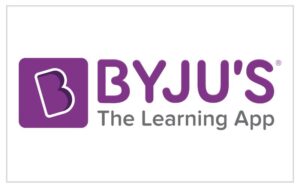


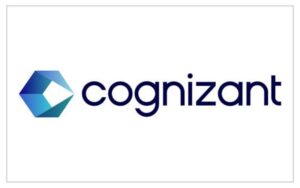
FAQ
We offer a variety of IT training courses, including web development, data science, cybersecurity, cloud computing, and more.
You can enroll in a course by visiting our website, selecting your desired course, and following the registration process. For assistance, you can contact our admissions team.
Prerequisites vary by course. Some courses require basic computer knowledge, while others may require specific programming skills. Check the course details for specific requirements.
Yes, we provide a certificate of completion for all our courses. Additionally, some courses prepare you for industry-recognized certifications.
Yes, we offer both online and in-person classes to accommodate different learning preferences.
Course fees vary depending on the program. You can find detailed pricing information on our website under each course description.
Yes, we have a dedicated career services team that provides job placement assistance, resume building workshops, and interview preparation.
Course durations vary. Some are short-term, lasting a few weeks, while others are longer and can span several months. Check the course details for specific timelines.
Yes, we offer flexible payment plans and EMI options for eligible students. Please contact our financial aid office for more details.
